Nature reports
Page 7 of 41 - 405 Results
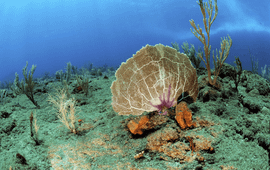
A recent study explored the spread of a disease affecting sea fans in the Dutch Caribbean. Known as multifocal purple spots syndrome (MFPS), this disease is caused by parasitic copepods and has significant impact on the health of..
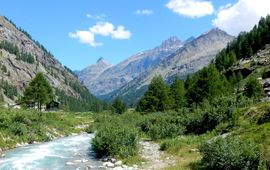
Scientists call for immediate action to reaffirm commitment to sustainability. In light of unprecedented environmental challenges and a growing planetary crisis, scientists from across Europe have issued an urgent appeal to EU..
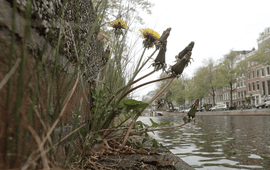
City dandelions grow better in hot summers and flower better after mild winters than their rural counterparts, according to research by the Netherlands Institute of Ecology (NIOO-KNAW) that compared dandelions from the centre of..
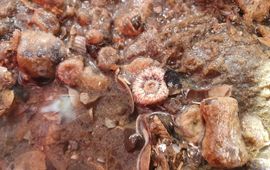
New results from the Wadden Mosaic research programme show that only ten percent of the underwater nature in the Wadden Sea is effectively protected. Moreover, protective measures such as the designation of protected areas, still..
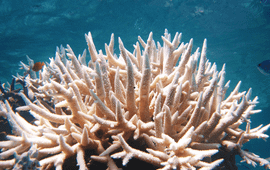
A new study has discovered a remarkable resilience in young corals raised through assisted sexual reproduction. This is big news, especially in a year when the Caribbean suffered one of the most intense coral bleaching events on..
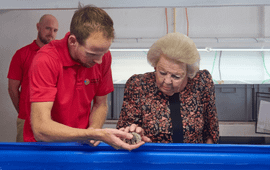
From November 13 to 15, H.R.H. Princess Beatrix, Patroness of DCNA, visited Sint Maarten and Saba, shining a spotlight on the remarkable conservation and restoration work led by local organizations. This royal visit was about the..
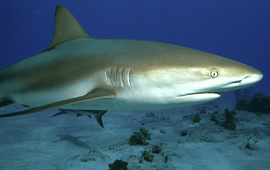
A recent study conducted in Sint Maarten’s Man of War Shoal Marine Park has provided valuable insights into the biodiversity of reef fish and the presence of endangered sharks. Using baited remote underwater video systems,..
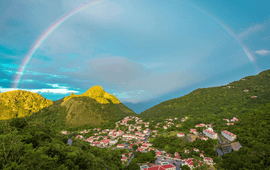
Her Royal Highness Princess Beatrix of the Netherlands will visit Sint Maarten and Saba from November 12 to 15. As the patroness of DCNA, the Princess’s visit will highlight nature conservation and social initiatives on the..
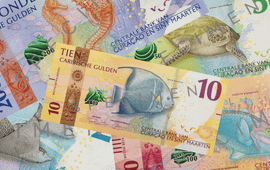
Dive into the underwater world with the newly released Caribbean guilder! The redesigned currency for Curaçao and Sint Maarten features stunning marine life. With each glance at a guilder, we’re reminded of the interconnectedness..
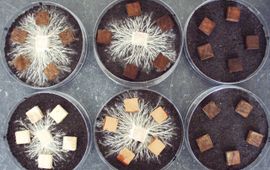
Of all the components of dead plants, wood is the hardest to break down. Why is it that fungi know how to do this? What issues did they need to solve to achieve this? The Netherlands Institute of Ecology (NIOO-KNAW) tries to find..
